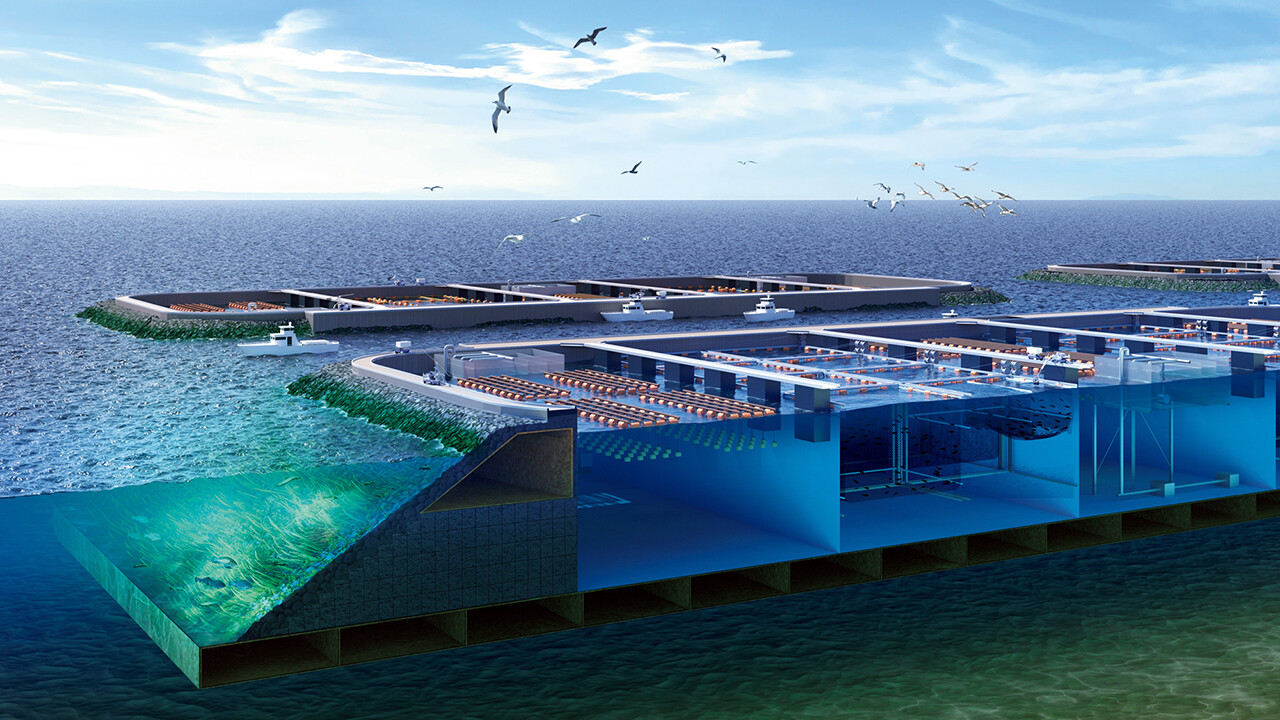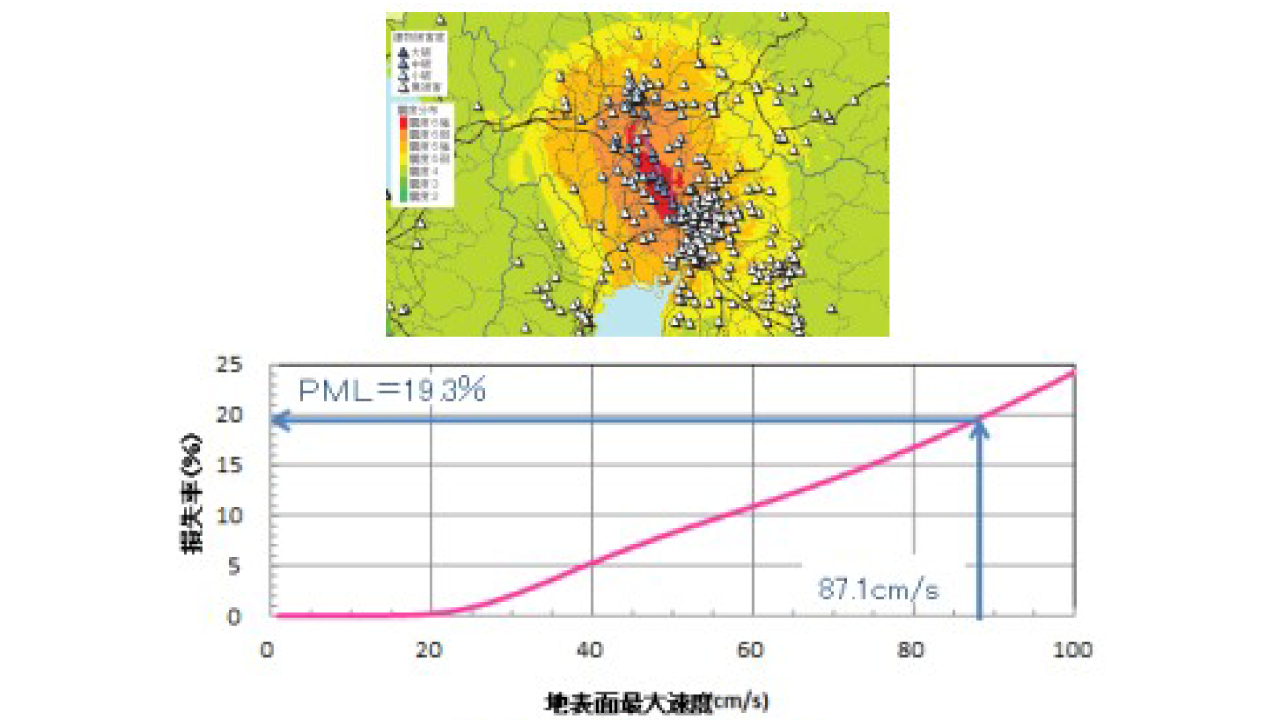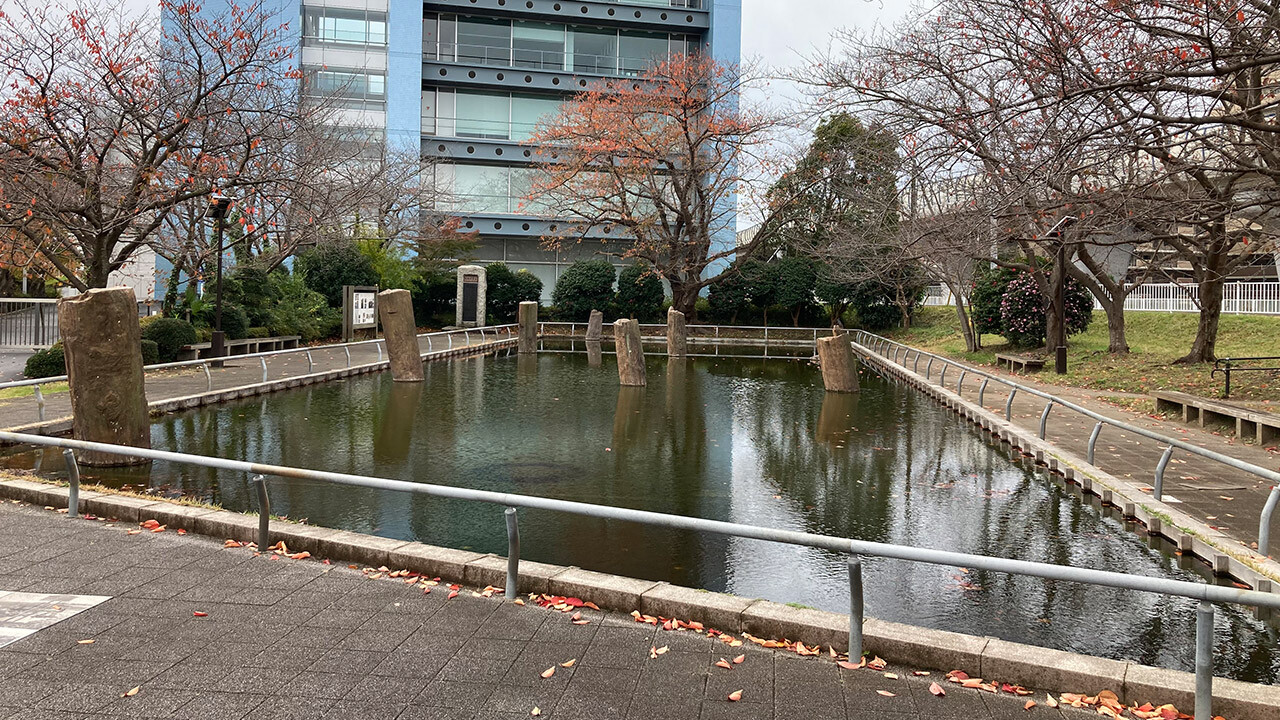Creating a Society that Respects the Natural World (Biodiversity)
The Obayashi Group has formulated the Environmental Policy and been implementing initiatives throughout the supply chain to realize a decarbonized, recycling-oriented society that has respect for the natural world. For the realization of a society that respects the natural world, we established the Approach to Biodiversity and the Biodiversity Policy in 2009, in addition to the Environmental Policy, to promote specific initiatives across our businesses, including conservation of biodiversity and greening measures.
Approach to Biodiversity
Biodiversity is the foundation for the sustainability of various living creatures, including humans, animals and plants, and it should be passed on to future generations. Biodiversity has benefited human social activities and has supported the unique rich culture and safe living. Based on the Obayashi Environmental Policy, we will recognize the impact of our business activities on biodiversity and work to reduce the burden and preserve biodiversity.
Biodiversity Policy
- Contribute to the preservation of biodiversity and the sustainable usage of biological resources through business activities.
- Actively propose to society the technologies that contribute to the preservation of biodiversity and develop effective technologies that harness and coexist with nature.
- Promote the creation of a sustainable society through energy and resource conservation, 3Rs, green procurement, measures against harmful chemical substances, etc., and strive to reduce the environmental burden on biodiversity.
- Strive to conserve biodiversity at our facilities.
- Strive to communicate with society to improve the effectiveness of biodiversity initiatives.
- Work to raise awareness of nurturing biodiversity through environmental education and public relations activities.
Established May 19, 2009
Target for Realization of Society That Respects the Natural World
Nature is the foundation that supports all human activity. However, this foundation is increasingly at risk. Scientific knowledge indicates that conserving more than 30% of terrestrial and marine areas is important for protecting biodiversity and generating synergies with climate action. In December 2022, participants at the Fifteenth Meeting of the Conference of the Parties to the Convention on Biological Diversity (CBD-COP15) adopted the Kunming-Montreal Global Biodiversity Framework, establishing global targets for 2030. One of these goals, known as the "30by30" target, aims to effectively conserve at least 30% of land and sea areas as healthy ecosystems by 2030.
The Obayashi Group supports the 30by30 initiative and promotes business activities that place a strong emphasis on natural capital. To realize a society that coexists in harmony with nature, we believe it is necessary to ensure that business (human) activities are compatible with conservation of biodiversity and ecosystems or with sustainable utilization of natural capital. To this end, we are currently implementing technological development, demonstration experiments, and other initiatives while also discussing target setting.
Analysis of Current Situation and Issues Regarding Initiatives for Realization of Society That Respects the Natural World
The Group implements natural symbiosis initiatives for the purpose of conserving ecosystems and biodiversity at the time of construction. Meanwhile, we see that our primary challenge is to increase initiatives covering the upstream (such as planning, design, and procurement) and the downstream (such as maintenance, management, and demolition) of our supply chain.
TNFD Disclosure
Obayashi Corporation has expressed its support for the recommendations of the Taskforce on Nature-related Financial Disclosures (TNFD). We conducted an analysis of nature-related dependencies, impacts, risks, and opportunities, and disclosed the results in February 2025. For nature-related risks and opportunities, we assess dependencies and impacts on nature throughout our value chain in accordance with the LEAP approach recommended by the TNFD.
Planning, Design, and Construction
Conserving the Ecosystems of Mountain Villages
The Obayashi Group engages in ecosystem conservation activities, such as landscape design and biotope creation, to help ensure that the rich ecosystems found in mountain villages are not lost as a result of construction projects.
Restoring Riparian Ecosystems Through Landscape Design

In the project to build a confectionery factory for Rokkatei Co., Ltd. near Obihiro City, Hokkaido, a site survey began in 1997, and over a period of 10 years, a vast area of approximately 10 hectares of land was regenerated as "Rokka no Mori" to create a factory in harmony with the rich natural environment surrounding the planned site. By revitalizing riparian forests, creating green connectivity, and restoring wetlands, we promote the conservation of specific plant species and support the preservation and utilization of endemic species. The site has become a destination for ecotourism, attracting many visitors.
Conserving Ecosystems Through Biotopes
Creating biotopes, spaces where animals and plants can thrive (*1), is a way to compensate for natural environments lost as a result of construction projects. When rare animal or plant species are identified at project sites, creating biotopes in nearby areas that provide suitable habitats for these species can help mitigate impacts on biodiversity.
At Kainokuni Ecopark, a waste disposal site constructed by an Obayashi joint venture company (the JV) (*2), we created two biotopes with the aim of preserving living organisms and the natural environment. The JV, in charge of the maintenance and management of the site for 20 years after construction, has conducted surveys and maintenance to conserve a variety of fireflies, dragonflies, frogs, and other species. Ponds and wetlands are arranged to provide diverse habitats for organisms. The survey results confirmed the presence of the targeted organisms for conservation each year and indicated that the creation and regular maintenance of the biotopes helped maintain and improve biodiversity.
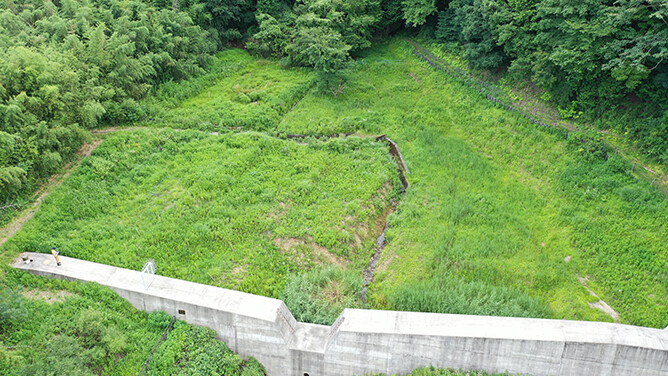

- *1 Biotope is a term coined from the Greek words bios (life) and topos (place), and refers to a space where organisms (animals and plants) live
- *2 Obayashi/Kubota Environmental Engineering/Yuzawa Kogyo/Naito Construction Joint Venture Company
Conservation of Rare Birds of Prey Such as Hodgson's Hawk Eagle
Since the planned site for Obayashi Group's Otsuki Biomass Power Plant is located near a nesting ground for Hodgson's hawk eagles, which are listed as endangered species on the Ministry of the Environment's Red List, we avoided large-scale construction work during the incubation period (February to June), when the Hodgson's hawk eagles' sensitivity is at its highest, and reduced the intensive operation of construction equipment and noise levels in consideration of the breeding period.
In the monitoring survey during construction, we did not observe any abnormal behavior of Hodgson's hawk eagles, such as watching the construction area and emitting alarm calls, due to noise and other impacts of the construction work. We also conducted monitoring for three years since 2018, when the power plant was put into service, and confirmed that Hodgson's hawk eagles have successfully bred for three consecutive years.
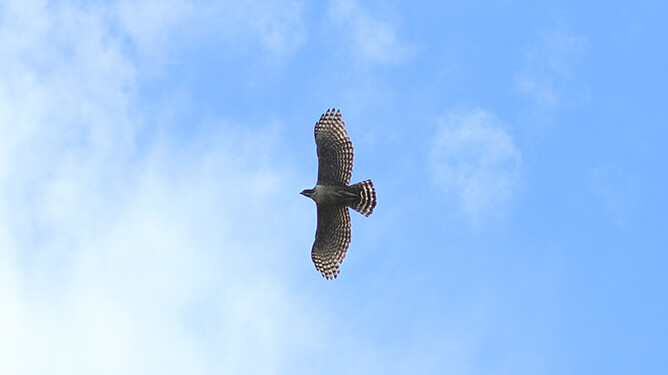
Conservation of Fish in Surrounding Marine Areas Around an Offshore Wind Power Understructure
In the vicinity where a Skirt Suction™(*3) offshore wind power understructure was installed as a field test, Obayashi Corporation surveyed fish resources using a selfdeveloped underwater inspection robot dubbed DIAG™(*4), and environmental DNA(*5). As a result of the surveys, it was confirmed that the understructure played the role of a fish haven where coastal fish species such as parrot bass, red sea bream and Okhotsk Atka mackerel gathered.
Collaboration between offshore wind power generation and fishery is an important theme. We will continue to survey the maritime environment and contribute to preserving oceans and marine resources.
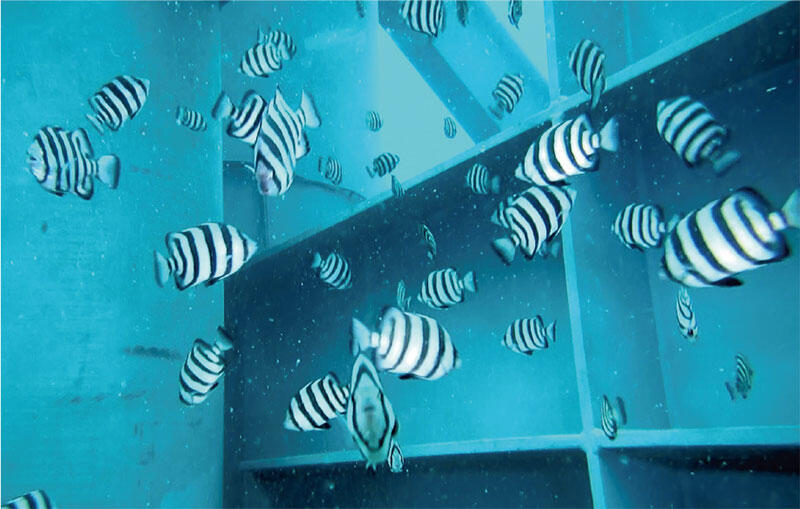
- *3 Skirt Suction
This is a self-developed technology in which the pile-supported understructure of the wind turbine penetrates the seabed with the help of hydraulic pressure. This makes it possible to fix understructures firmly in shallow seas where hard-to-penetrate bedrock emerges, a process difficult under conventional methods such as a monopile structure in which a single pile is driven down - *4 DIAG
A self-developed, unmanned submersible probe capable of the underwater inspection of dams, harbor structures, etc. with remote control from above water - *5 environmental DNA
DNA released from living organisms' body fluid, feces, etc. into water, soil, air, and other environments
Slope Greening
The Chipcrete™ greening method is used to vegetate slopes, including those composed of highly acidic soils or bedrock. Chipcrete is produced by solidifying wood chips with cement milk and provides strong resistance to corrosion and weathering, enabling long-term use even in acidic environment. In areas where acidic substances cause plants to wither, installing Chipcrete in the ground helps mitigate the effects of acidity and enables slope greening.

Creating Urban Ecosystems
Enriching nature within urban areas is essential for maintaining the connection between people and nature. Living in close proximity to nature has positive effects on both physical and mental well-being, and it also helps enhance environmental awareness. The Obayashi Group supports the creation of harmonious relationships between people and nature through initiatives such as biotope development, as well as rooftop and wall greening in urban areas.
Planning for Attracting Wildlife
When developing construction plans, we explore ways to create environments that attract wildlife to project sites. To do so, we use technologies such as Ikimono-Navi™ and the habitat evaluation model for living organisms.
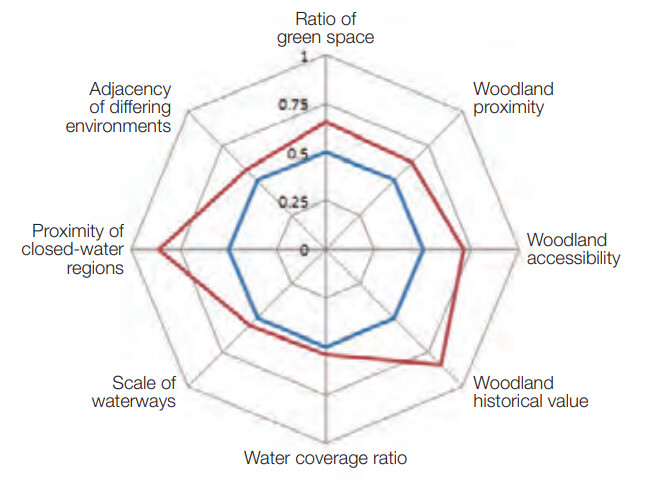
Ikimono-Navi is a bio-attractive environment assessment system designed to improve the quality of natural environment by securing or restoring biodiversity in planned development or construction sites. The system evaluates the potential biological environmental characteristics of the target site based on the natural environmental characteristics of the planned site and the biological information database. Based on the results, we can identify creatures that can be brought to the planned site and show how to attract them.
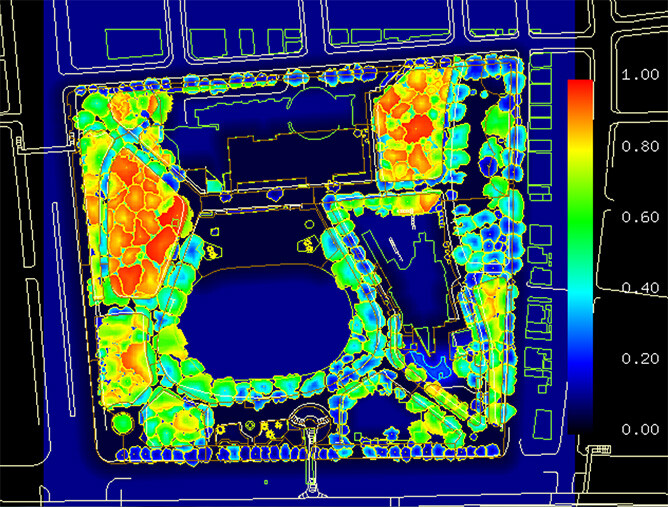
The habitat evaluation model for living organisms can predict and visualize the locations that living organisms prefer to visit and the routes they take in urban green spaces. It is based on detailed surveys of the actual environmental conditions under which birds, dragonflies, and butterflies stayed and the roots they took, by region and season. Using the habitat assessment model before designing a green space allows to create an environment that is more likely to support living organisms.
Creating Diverse Biotopes
The Obayashi Group has planned and constructed numerous biotopes, including in urban areas, and has accumulated experience in biotope creation and ecosystem management. We create urban biotopes using technologies such as the multi-functional rain garden biotope and the grassland biotope.
A rain garden is a facility designed to reduce urban flooding by retaining and infiltrating rainwater. In recent years, it has gained attention as a green infrastructure technology. The multi-functional rain garden biotope builds on the standard functions of a rain garden by incorporating biotope features that support biodiversity and by serving as a collection point for fallen leaves from surrounding areas.
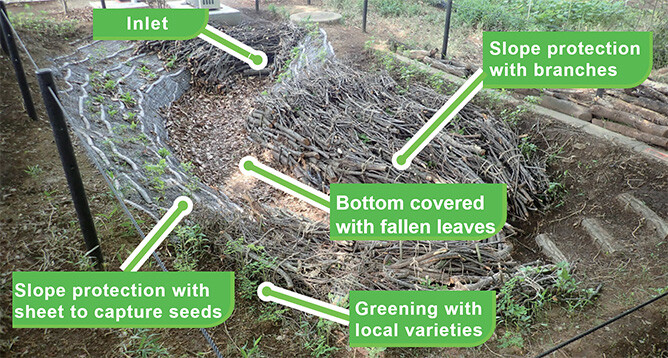
The grassland biotope is a type of biotope that utilizes native grassland species, which are rapidly declining in Japan. Compared with typical wetland biotopes or landscape plantings, it requires lower maintenance costs and can be applied to sites of various sizes. As a result, it is suitable for a wide range of greening needs, including planters, building exteriors, slopes, roadsides, and rooftops. By using local seeds and rootstocks, it also helps maintain genetic diversity, greatly contributing to biodiversity conservation.

Rooftop and Wall Greening
Rooftop and wall greening in urban areas helps foster a harmonious relationship between people and nature. It also contributes to energy savings in buildings and to the mitigation of the heat-island effect through transpiration.
One example of rooftop greening technologies is the Green Cube™ series, which reduces maintenance burden by controlling soil moisture in the planting base. GREEN CUBE LIGHT™, an underground irrigation system that uses water-conducting sheets, is a thin-layer greening technology suitable even for rooftops with load limitations, as it supplies and drains water without storing it.

- GREEN CUBE™ (Available only in Japanese)
- [Project Frontine] Creating a Large-Scale Mixed-Use Complex Enriched with Kumamoto's Land, Water, and Greenery (Available only in Japanese)
- Namba Parks Contributes to Biodiversity Conservation as an Urban Forest (Available only in Japanese) (August 21, 2024)
- GREEN SPRINGS and JR Kumamoto Station Building Receive the Ministry of Land, Infrastructure, Transport and Tourism's Prize at the Rooftop and Wall Greening Technology Competition (Available only in Japanese) (December 13, 2022)
- Akasaka Intercity AIR Wins the Ministry of Land, Infrastructure, Transport and Tourism's Prize at the Rooftop and Wall Greening Technology Competition (Available only in Japanese)(January 14, 2020)
- Namba Parks in Osaka Wins the Architectural Institute of Japan Prize (Available only in Japanese) (June 23, 2016)
Maintenance
Maintenance of Forests Held
The Obayashi Group maintains approximately 450 hectares of forest under the approval of the Forestry Agency. A healthy forest ecosystem is maintained by "weeding," the removal of weeds, etc. under trees; "thinning," the removal of trees at appropriate intervals; and "improvement cutting," the removal of unnecessary trees for young forest.
Trees in forests serve as valuable resources, such as timber and fuel. Forests play an essential role in achieving a decarbonized society and a society that respects the natural world, as they have the capacity to sequester CO2 and preserve rich biodiversity. The reuse of timber also contributes to the realization of a recycling-oriented society. In this way, forest resources are deeply connected to the realization of a decarbonized, recycling-oriented society that respects the natural world.

Conservation of the Endangered Golden Orchid and Coppice Forest
Since 1998, Obayashi Corporation has been monitoring the population, distribution, and growth of the golden orchid at its own Technical Research Institute in order to conserve the coppice forest and the golden orchid which is designated Class Ⅱ endangered species in Japan. Moderately mowing bamboo grass and vines, as well as clearing fallen branches and trees, helps keep the forest floor bright and ensures good air circulation. This creates a suitable environment not only for the coppice forest but also for the fungi that provide nutrients to orchid plants. The coppice forest is also home to rare orchid species such as Sasaba Ginran (Cephalanthera longibracteata), Ginran (Cephalanthera erecta), Saihairan (Cremastra appendiculata), and Shunran (Cymbidium goeringii).
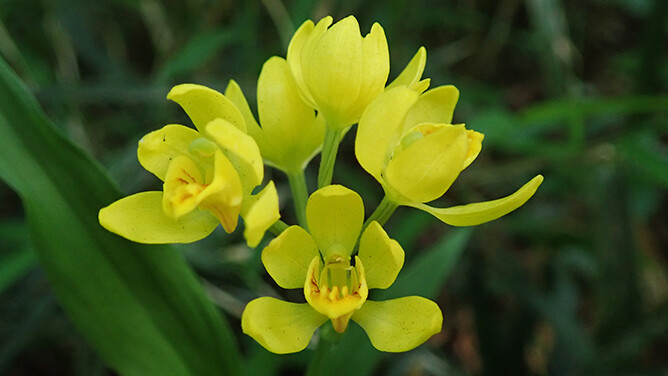
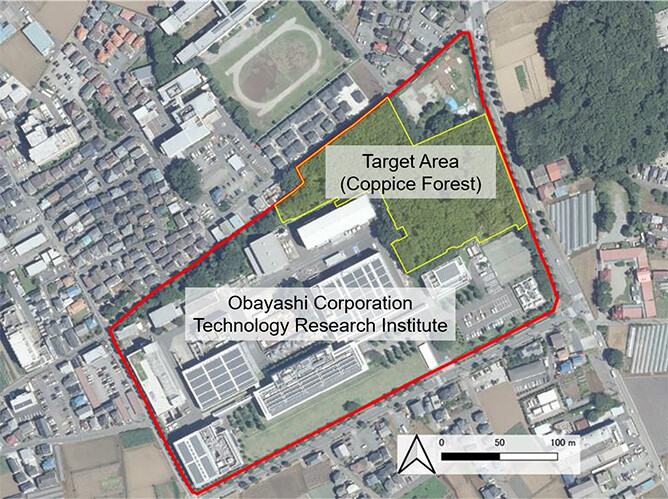
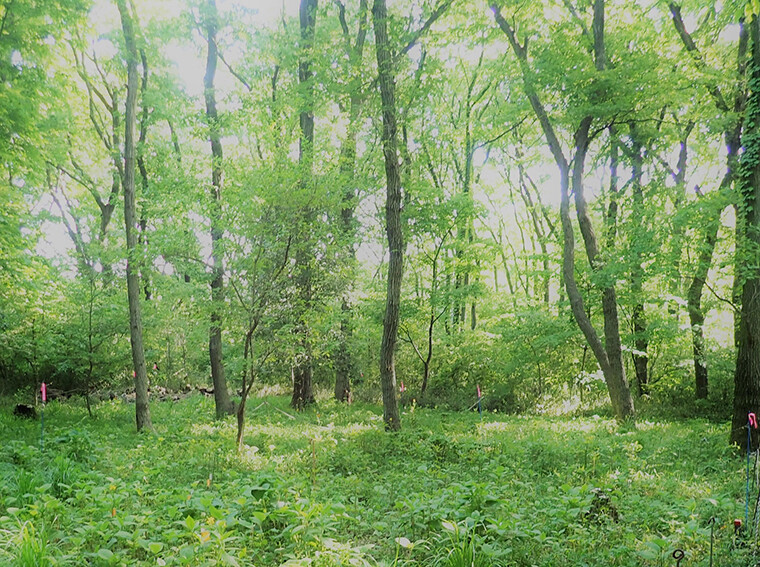
In 2023, the coppice forest at the Obayashi Corporation Technology Research Institute was certified as a "Nationally Certified Sustainably Managed Natural Site" by the Ministry of the Environment. This certification system, launched by the Ministry in FY2023, recognizes areas that contribute to biodiversity conservation through initiatives by private entities and other stakeholders. Following the enactment of the Act on Promoting Activities to Enhance Regional Biodiversity in FY2025, we reapplied in September 2024 and were recertified. We have developed a plan to implement enhancement activities that support the maintenance, restoration, and creation of biodiversity. The plan aims to conserve the coppice forest and its rare plant species, while also creating green spaces that protect native species. As part of our contribution to local communities, we have held annual observation events of rare plants since 2009, inviting local civil society groups. These events also provide valuable opportunities for interaction with local residents.
- Obayashi Corporation Technology Research Institute (Coppice Forest) (Available only in Japanese)
- The coppice forest at the Obayashi Corporation Technology Research Institute Certified as a "Nationally Certified Sustainably Managed Natural Site" by the Ministry of the Environment, Contributing to the Achievement of the 30by30 Target (Available only in Japanese) (March 5, 2024)
- Obayashi Holds Observation Event for Rare Kinran at the coppice forest of its Technology Research Institute for the 11th Consecutive Year (Available only in Japanese) (May 27, 2019)
- Ministry of the Environment website (Nationally Certified Sustainably Managed Natural Sites)
Research and Feedback
Rooftop Greening
Namba Parks, a large-scale redevelopment mixed-use complex in Osaka, features greenery covering roughly half of its approximately 11,500 m² rooftop. The rooftop garden is designed to incorporate diverse environments, such as wetlands and grasslands, along with a rich variety of fruit-bearing trees that attract birds. These features were introduced with careful consideration of biodiversity.
From FY2009 to FY2011, we conducted surveys on habitat environments, thermal environments, and CO2 fixation to assess whether the space had matured into lush greenery that benefits both people and the environment, true to the rooftop garden's concept of creating a forest in Namba to bring people, the city, and nature closer together.
From FY2022 to FY2023, we carried out surveys of birds and insects to monitor the status of biodiversity conservation in the Parks Garden. The results confirmed that a wide variety of species inhabit and reproduce in the area, including sparrows, whose declining population has become a national concern. Quantitative assessment using fixed-point observations also scientifically indicated that the number of bird species visiting the area has tripled as a result of the greening of Namba Parks.
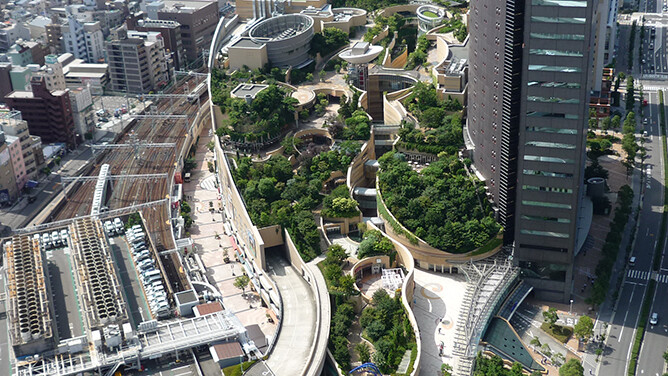
Surveys of Birds
To verify whether the development of green spaces in city centers contributes to enhancing urban biodiversity, we conducted bird surveys in multiple green spaces and city streets, including those constructed by Obayashi Corporation. The results showed that bird species, such as Japanese white-eyes and Japanese titmouse, appeared frequently in these areas, indicating that the developed green spaces contribute to improving urban biodiversity to a certain extent.
Quantitative biodiversity assessments based on such survey data serve as an important tool for demonstrating the value of green spaces created, and provide indicators for future urban greening and biodiversity enhancement initiatives. The Obayashi Group will continue to apply insights gained from quantitative biodiversity assessments to create new, high-value green spaces.
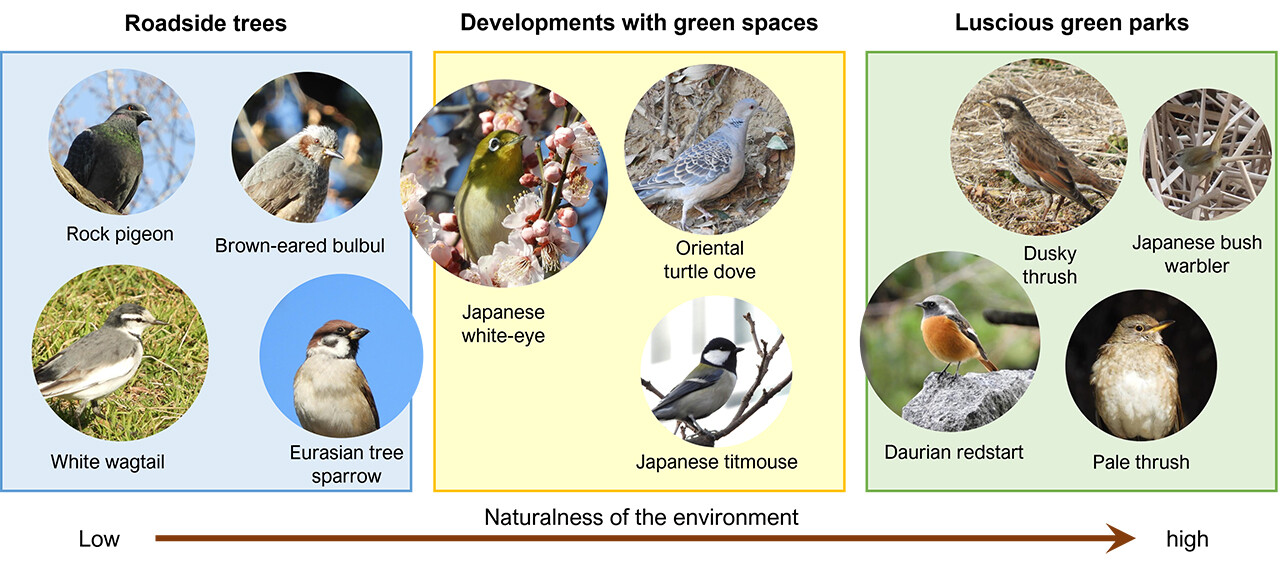
Creating Green Spaces Comfortable for Users
Green spaces serve many functions, and enhancing users' quality of life (QOL) is among their most important roles. To gain insights into the creation of green spaces that are comfortable for users, Obayashi Corporation conducts surveys and research on user behavior and preferences in existing green spaces.
Going Forward
To realize a society that respects the natural world, the Obayashi Group is advancing initiatives aimed at conserving ecosystems and biodiversity in the midstream (construction) phase. We also recognize that a key challenge lies in expanding initiatives across the upstream (such as procurement, planning, and design) and downstream (such as maintenance, management, and demolition) phases of our supply chain.
By engaging consistently across the entire supply chain, from upstream to downstream, ensuring continuous maintenance and management, and applying feedback gained from post-handover surveys to future projects, the Obayashi Group works collaboratively with project owners to contribute effectively to the creation of a society that respects the natural world. We will continue to develop technologies that support respect for the natural world and the conservation and creation of biodiversity. We will also proactively apply these technologies to future projects. In addition, as highlighted in our TNFD disclosures, we will accelerate efforts to mitigate the risks our business activities may pose to natural capital and to create new opportunities. We will also continue to review our targets in accordance with implementation progress and social circumstances, in pursuit of a society that respects the natural world.



